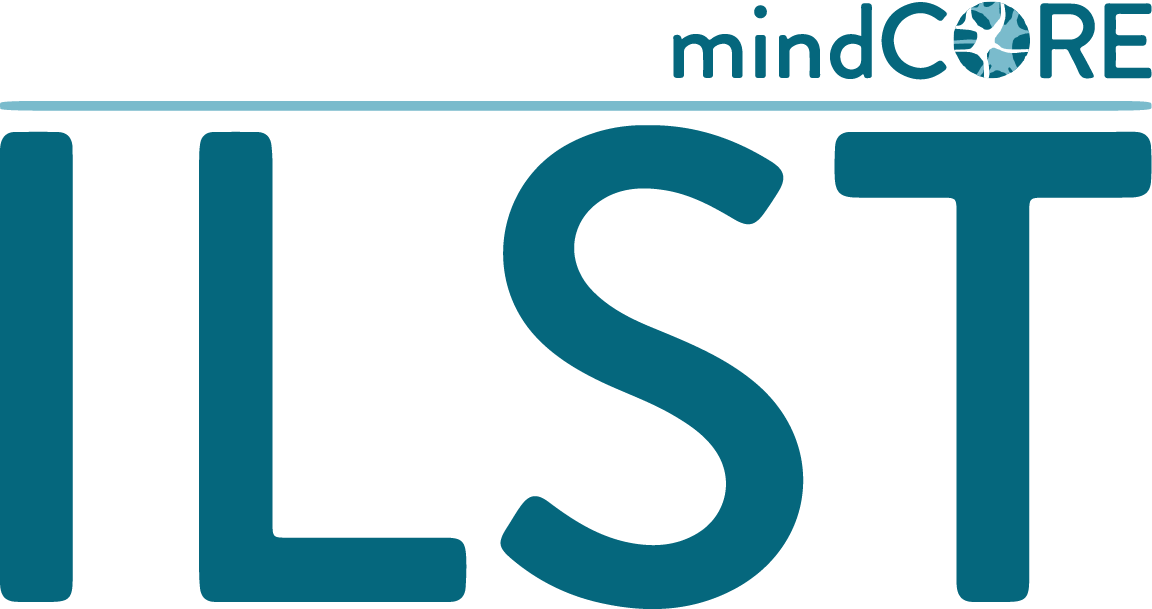
How do language and cognition interact across development?
Sandy LaTourrette is a psycholinguist who studies language acquisition .
Some of the fundamental questions that he is interested in include:
- How does labeling objects influence the way infants categorize and remember them?
- What information do children and adults use and remember to learn word meanings?
- How do infants, children, and adults learn to map different kinds of meanings to different kinds of words (e.g., nouns vs. verbs vs. adjectives)?
- How do children use the words they know to learn more words?
- Does online speech processing vary across different types of speech (e.g., non-native accents) and populations (e.g., for bilingual children or children who are late talkers)?
He studies the implications of these questions across the lifespan, in infants as young as 6 months, preschool- and elementary-age children, and adults. To collect data from across this age range, he often uses eye-tracking methodologies to reveal developmental advances in cognitive or linguistic processing, including gaze location and pupillometry measures. He also relies on a variety of behavioral measures. In collaborations with Dr. John Trueswell and Dr. Charles Yang, he employs computational models to examine the mechanisms of word learning in children and adults.

Sandy LaTourrette
Selected Publications
LaTourrette, A., & Waxman, S. R. (2019). A little labeling goes a long way: Semi-supervised learning in infancy. Developmental Science, 22(1), e12736. https://doi.org/10.1111/desc.12736
LaTourrette, A., & Waxman, S. R. (2019). Defining the role of language in infants’ object categorization with eye-tracking paradigms. JoVE (Journal of Visualized Experiments), 144, e59291. https://doi.org/10.3791/59291
Syrett, K., LaTourrette, A., Ferguson, B., & Waxman, S. R. (2019). Crying helps, but being sad doesn’t: Infants constrain nominal reference online using known verbs, but not known adjectives. Cognition, 193, 104033. https://doi.org/10.1016/j.cognition.2019.104033
LaTourrette, A., & Waxman, S. R. (2020). An object lesson: Objects, non-Objects, and the power of conceptual construal in adjective extension. Language Learning and Development, 1–14. https://doi.org/10.1080/15475441.2020.1847651
LaTourrette, A., & Waxman, S. R. (2020). Naming guides how 12-month-old infants encode and remember objects. Proceedings of the National Academy of Sciences, 117(35), 21230–21234. https://doi.org/10.1073/pnas.2006608117
